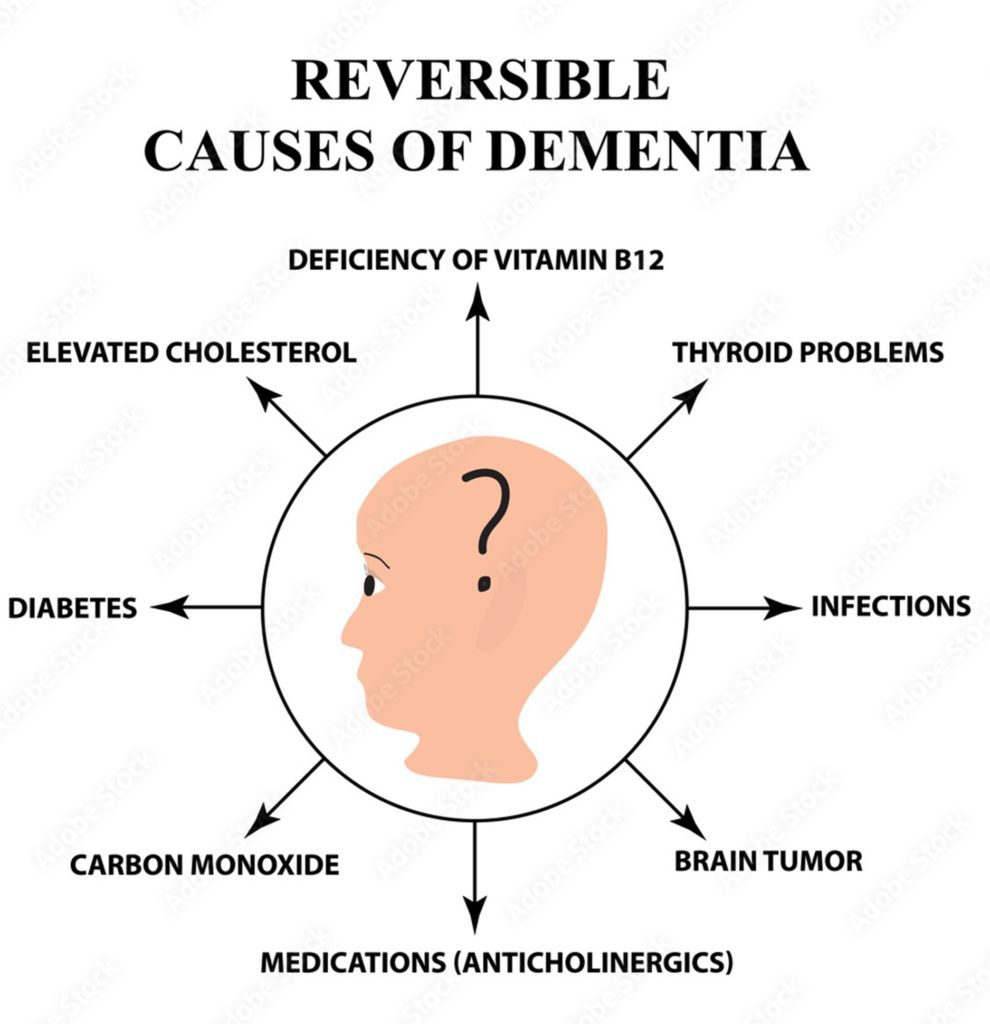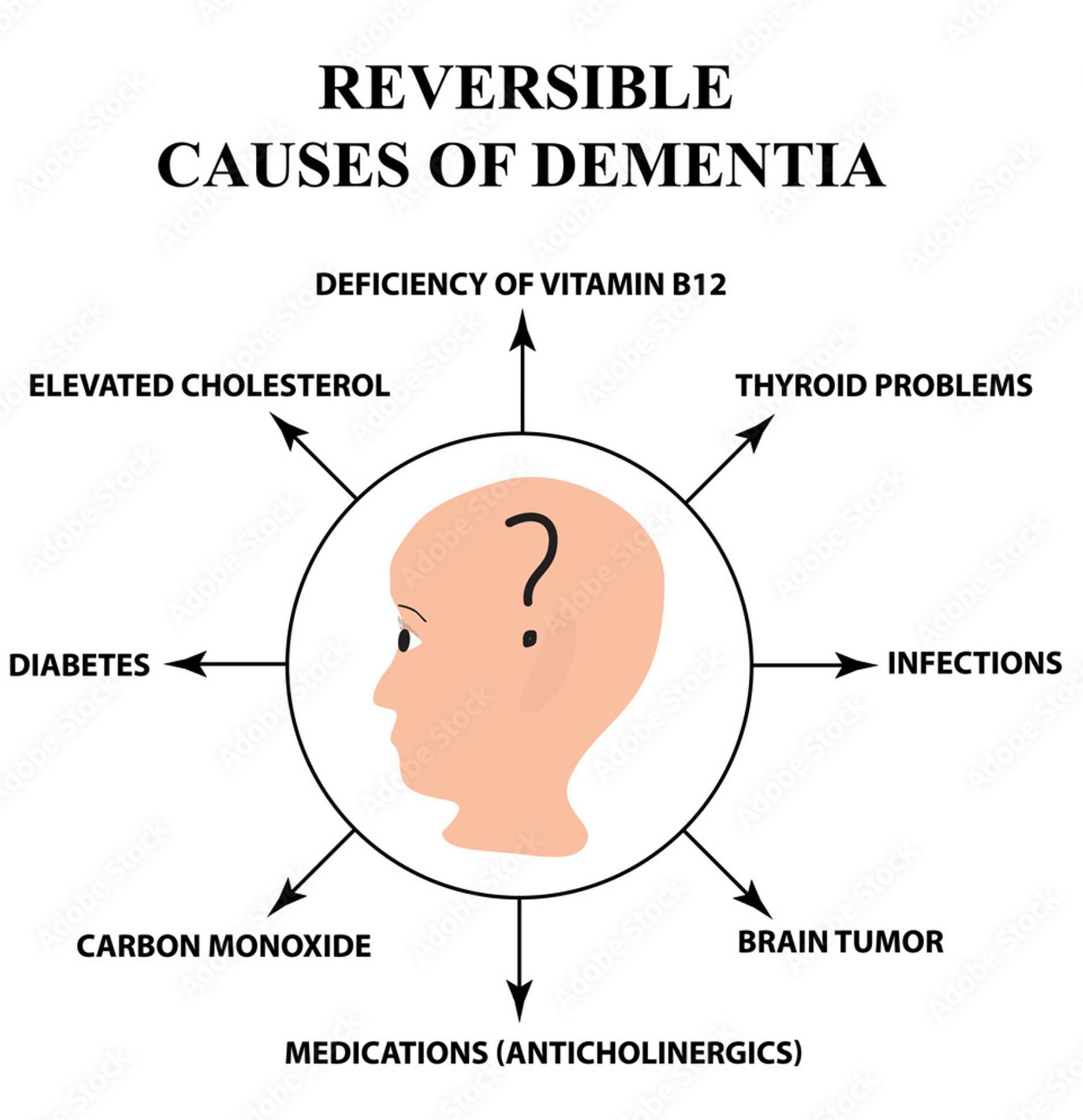
The number of people with Alzheimer’s is expected to grow exponentially in the United States by 2025, to over five million people. It is vital to provide trusted caregivers and their families with knowledge and skills for coping with this condition. It is incredibly important and challenging to provide care that leads to positive outcomes both for the person with Alzheimer’s/dementia and their caregivers. To aid in this effort, I provide a few key items all caregivers should know.
-
Obtain the necessary help and support
It is important to have a dementia management team in place for expertise and emotional support, whether the caregiver is a family member or professional. For example, the caregiver should never feel lonely. Getting involved with a support group is important as well. You can find a local list available from the Alzheimer’s Association and many of these groups have family members who are able to attend with you.
They may hold family support meetings at the same time as a group for people who have just been diagnosed with Alzheimer’s/dementia, or they may have activities for those with the disease during the aforementioned meetings. There are also a lot of helpful resources available to family caregivers to help throughout the journey such as Alzheimer’s diagnostic centers. For instance, there are medical centers available for diagnosing and providing medical treatment for Alzheimer’s.
Occupational Therapists (OTs) work closely with doctors in providing dementia care to individuals. They can assess the needs of one person with Alzheimer’s/dementia, analyze the caregiving situation and living environment, and provide ideas and education to improve safety, functional independence and quality of life. A family caregiver’s resources and abilities should be called upon early and often, such as these two examples.
Healthcare workers and other caregivers should not provide dementia care in isolation but should work together to share knowledge, help solve problems, and provide emotional support.
Nurses should not leave nursing aides alone to solve problems such as how to cope with resistance to care or aggressive behavior during a shower when patient has Alzheimer’s disease. The aide should develop a way to offer support in securing a solution to the challenge to his or her team members. The multidisciplinary dementia management team should involve the Occupational, Speech and/or Physical Therapists, the nursing staff and others involved with the care of the client.
Dementia management care teams should be created to ensure the needs of family and professional caregivers are met in a facility or a community. This is important for all who care for someone with Alzheimer’s or dementia. A team’s advice, guidance, and knowledge are essential for caregivers to be successful and at peace with themselves.
-
Learn how to deliver dementia capable care
A 1997 publication in the Alzheimer’s Association called “Key Elements of Dementia Care” identified personnel development in order to become dementia capable as a key factor to provide quality dementia care. “Developing staff to become dementia capable is a human resource guiding principle,” states the publication.
Providing staff with an appropriate education in Alzheimer’s/dementia care as well as opportunities for education and support, in addition to demonstrating dementia-capable skills and knowledge, is necessary to provide residents with dementia with the care they deserve.”
How should professionals or family caregivers apply the key components of dementia-capable care? We will explore what I have found to be some key components of dementia-capable care and describe how each one should be applied to facilitate best outcomes.
Component 1: Stage Appropriate Compensatory Treatment
It is essential for caregivers to understand the stages of dementia and provide compensatory care, meaning, enhancing functional independence and emotional well-being. Changing the approach to gain the trust, understanding, and agreement of the person with Alzheimer’s/dementia, changing the setting so that it is supportive and not distracting and simplifying the activities to the required level of challenge are important stage-by-stage processes. During the later stages of dementia, more assistance and compensation are required, similar to the fact that a parent must provide more care and adaptation for a younger child.
Component 2: Dementia Competent Communication
Alzheimer’s disease/dementia patients need understanding about how to communicate to their caregivers. It is necessary to simplify communication for better understanding by:
Await response
It is possible to simplify a complex situation by breaking it down into single-step directions.
Provide written instructions or visual cues with hand signals.
Component 3: Dementia-friendly behavior management.
Caregivers need to be aware of the behaviors that are most prevalent in seniors with Alzheimer’s and dementia and reduce the chances of maintaining those behaviors. To do this, caregivers need to know that most negative behavior is likely due to unmet needs. An unmanaged complaint such as uncontrolled pain, anxiety, or boredom, or a lack of control can trigger negative behavior. The caregiver must have the ability to observe the situation and behavior to discover the underlying cause.
Learn More: 10 Signs Death Is Near Alzheimer’s
Summarizing
Alzheimer’s and dementia sufferers and their caregivers can have a fulfilling, rich relationship.
- A caregiver must create and be a member of a dementia management team so they never go it alone. The key is not to care for their loved ones or clients at the expense of themselves.
- Alzheimer’s/dementia patients have many needs that are different, and we call this dementia-capable care. It is not unlike the principle of good child care. By applying what one already knows from child care to dementia caregiving, you can learn to quickly become a competent caregiver of the afflicted. It is important to realize that treatment of the elderly should never be like that of children.
- Finally, caregivers and those with Alzheimer’s/dementia need to learn to enjoy precious moments spent together. Life and relationships should not be defined by the disease. If caregivers have a positive mindset, every day will be dedicated to seeing, hearing, and feeling special moments along the journey. Hope you enjoy this article.







